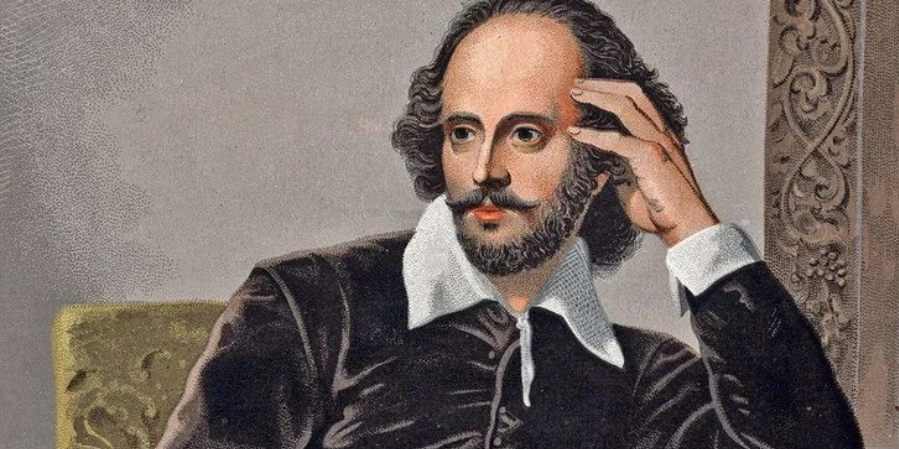

William Shakespeare, the quintessential playwright of the English language, has left an indelible mark on literature and theatre with his collection of plays that continue to captivate audiences centuries after they were first penned. His works, a canon of approximately 39 dramatic pieces, are a testament to his genius and versatility as a writer.
The Diversity of Themes and Genres:
Shakespeare’s plays encompass a wide range of themes and genres, reflecting the human condition in its myriad forms. From the tragic depths of “Hamlet” and “Macbeth” to the comedic heights of “A Midsummer Night’s Dream” and “Much Ado About Nothing,” his plays traverse the emotional spectrum, offering insights into love, power, jealousy, betrayal, and the supernatural.
Tragedies, Comedies, and Histories:
Traditionally, Shakespeare’s plays are divided into three categories: tragedies, comedies, and histories. This classification, however, is a matter of scholarly debate, with some plays defying easy categorization and others being labeled as “problem plays” or “romances” due to their unique blend of elements.
The Tragic Struggle:
Shakespeare’s tragedies are characterized by their complex protagonists and the grave circumstances that befall them. Plays like “Othello” and “King Lear” explore the darker aspects of human nature, where characters are often caught in a web of deceit and ambition, leading to their inevitable downfall.
The Comic Relief:
In contrast, his comedies are known for their wit and humor, often revolving around mistaken identities, love triangles, and happy resolutions. “The Comedy of Errors” and “The Taming of the Shrew” are perfect examples of Shakespeare’s comedic talent, where the path to true love is never smooth but always entertaining.
The Historical Narrative:
Shakespeare’s histories, such as “Henry IV” and “Richard III,” delve into the lives of English monarchs, blending historical facts with dramatic flair. These plays not only provide a glimpse into England’s past but also comment on the nature of leadership and the complexities of political power.
Legacy and Influence:
The legacy of Shakespeare’s plays is unparalleled. They have been translated into every major living language and are performed more frequently than those of any other playwright1. His influence extends beyond the stage, impacting literature, education, and popular culture, proving that his works are not just of an age, but for all time.
In conclusion, Shakespeare’s plays remain a cornerstone of English literature, offering a window into the Elizabethan era’s soul and a mirror reflecting our own times. They challenge, entertain, and inspire, continuing to resonate with each new generation that discovers the timeless beauty of Shakespeare’s words.
